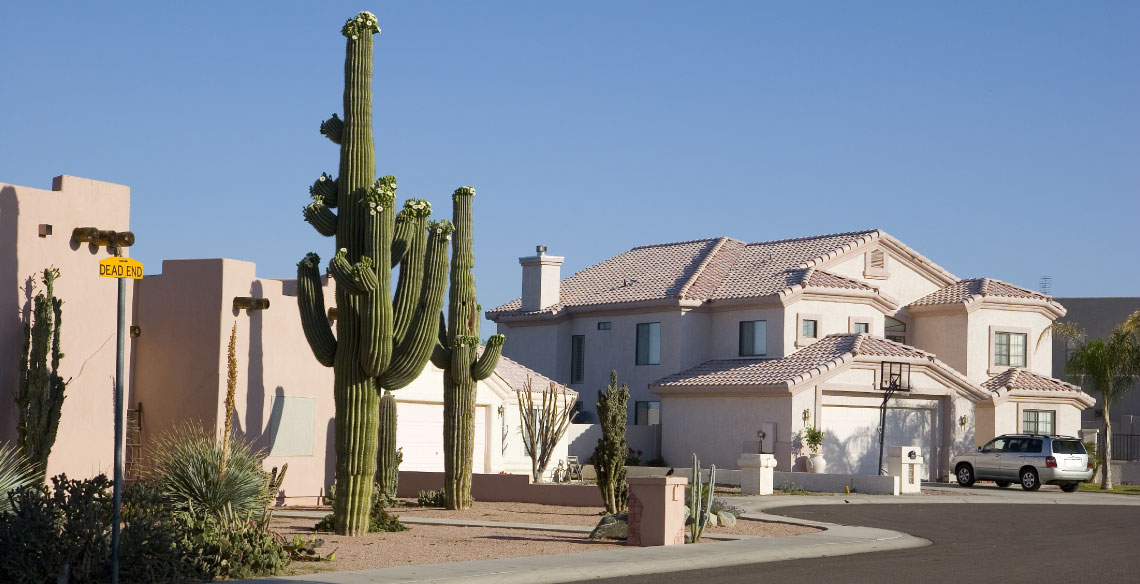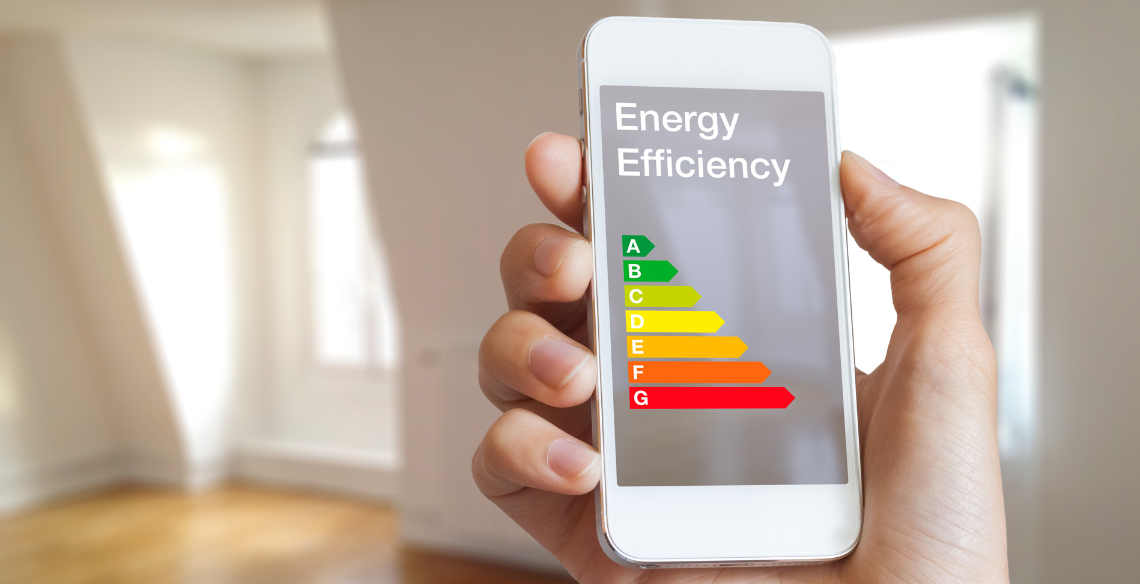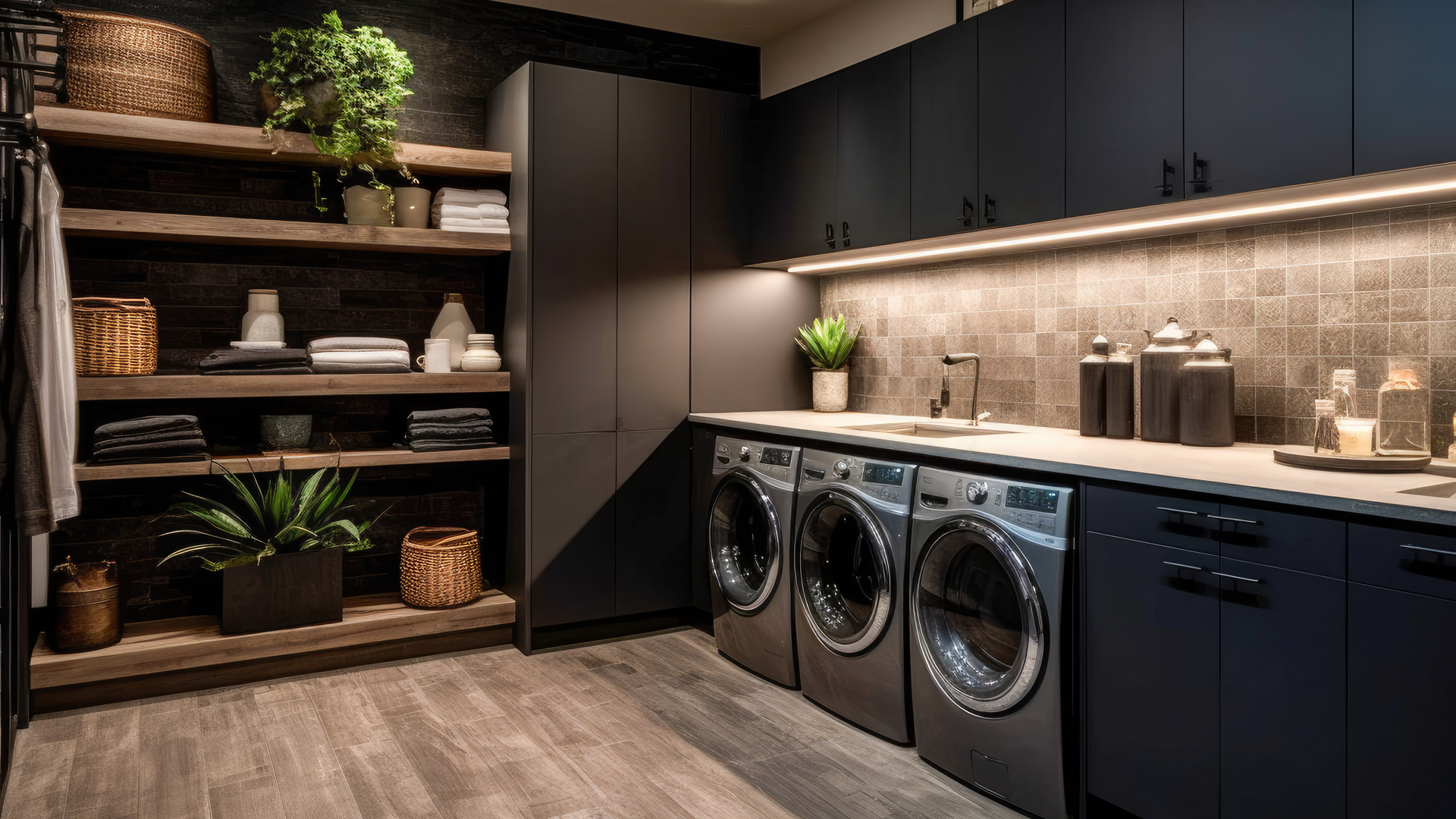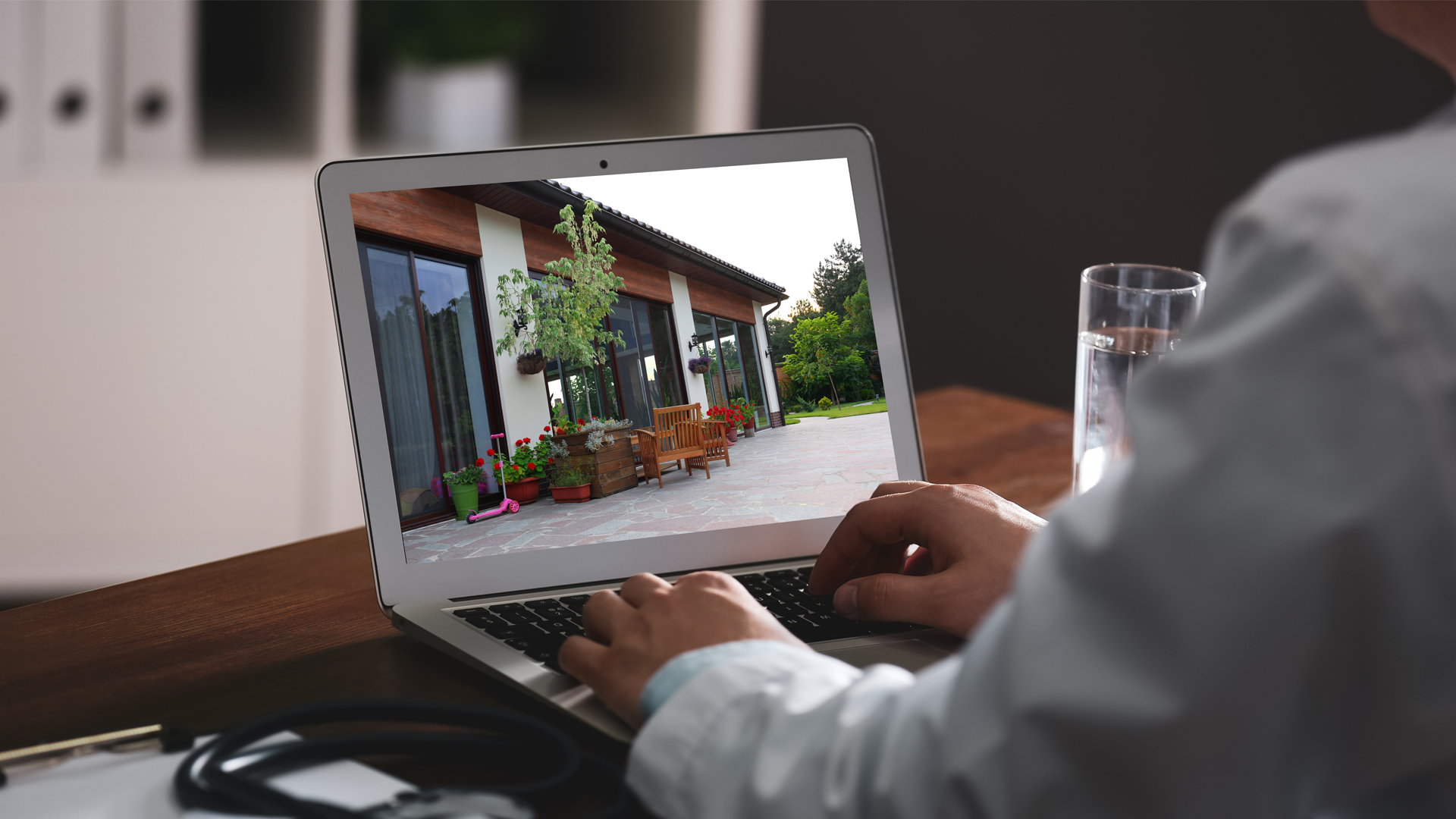7 Tips for Building an Energy-Efficient Home
From picking the right location and incorporating sustainable design principles – you can dramatically decrease your home’s energy utilization and save a significant amount of money in the long run.
Read More



